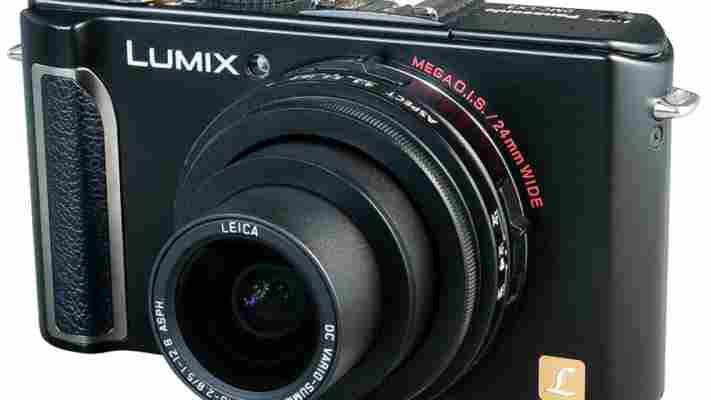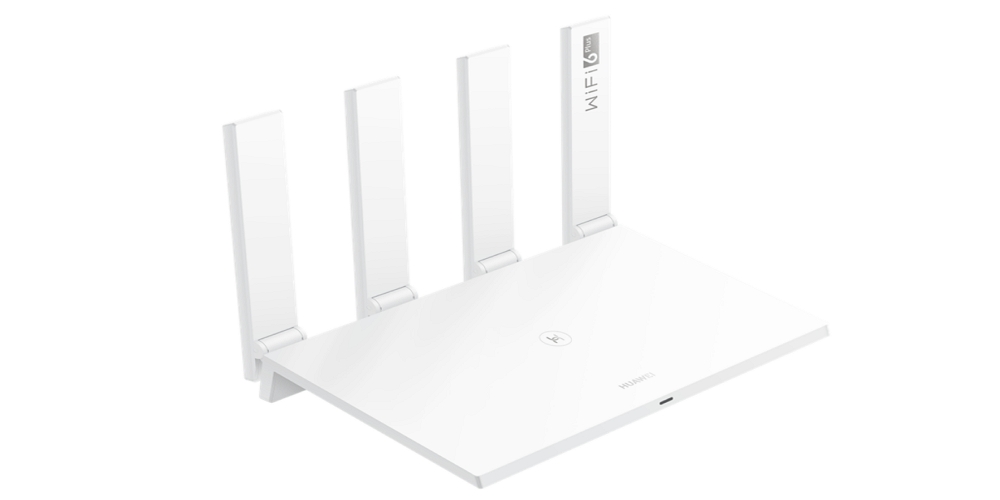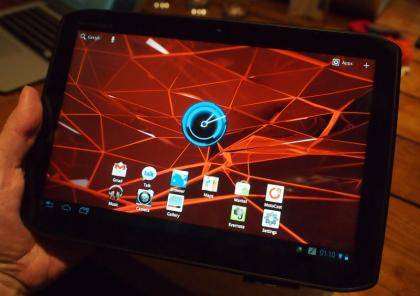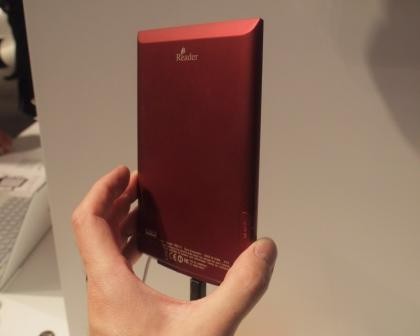Panasonic Lumix DMC-LX3 review
Two months ago we reviewed both Canon's G10 and Nikon's P6000, two premium compact cameras designed for photography enthusiasts.
They cost more than some entry-level digital SLR cameras and are aimed at those who care about quality but don't want the bulk of a DSLR. However, we found their low-light performance disappointing.
Panasonic's LX3 is aimed at the same type of user, but it's quite different to Canon's and Nikon's models. With no optical viewfinder, fewer buttons and dials and a relatively slim body, it looks more like a luxury point-and-shoot camera than a compact enthusiasts' model. It's elegantly designed as well, a big contrast from the often brutally practical appearances of other cameras in this category.
The lens is the highlight of this camera. It has a maximum aperture of f/2, narrowing to f/2.8 at the telephoto end of the zoom. As such, it can capture around twice as much light as the Canon G10's f/2.8-f/4.5 lens. Its 2.5x zoom is the shortest we have seen for many years, but the 24mm wide-angle focal length matches the widest currently available. This camera is little use for capturing faraway subjects, but excels at shooting landscapes, buildings and groups of people.
Despite being few in number, the controls surpass those found on most compacts. There are still dedicated buttons and switches for focus/exposure lock, autofocus, focus mode and aspect ratio. The Function button can be programmed to access one of seven other controls, including ISO speed.
A mini joystick provides quick access to the other key photographic options without resorting to the menu pages. This is also used to adjust manual exposure and focus settings, although it's not as quick as a dial. A momentary 8x zoom on the LCD screen allows for confident manual focusing, and the 3in screen's 461,000-pixel resolution also helps.
Performance lived up to our expectations, taking just 1.7 seconds between shots without the flash and 2.7 seconds with. Continuous shooting was at 1.9fps and lasted until the card was full for JPEGs and for three shots in RAW mode. Browsing photos was a little sluggish, but you can zoom out to show 12 thumbnails per page to find a particular shot quickly.
The LX3's photographs in low light were a vast improvement on those from Canon's G10 and Nikon's P6000. This was partly due to the brighter lens, but also because the LX3's 10-megapixel sensor is less susceptible to noise than its competitors' 14.7- and 13.5-megapixel sensors. Admittedly, there was still a fair amount of noise at ISO 800 and above, but we appreciate how Panasonic has opted for understated noise reduction, which leads to better preservation of details. In bright light, the lower resolution meant that details weren't quite as sharp as from the Canon G10, but the difference wasn't huge. Besides, there was more than enough detail for A4 prints. Focus was sharp right into the corners of frames, and technologies such as face detection and Intelligent ISO conspired to produce beautifully balanced colours on automatic settings.
Video capture was also excellent, recording high-definition 1,280x720 video with excellent colours and sharp details. Optical zoom was disabled, however, and sound quality was basic. Its 24fps isn't compatible with Adobe Premiere Elements, but Sony Vegas Movie Studio Platinum handled this frame rate and the M-JPEG format superbly.
The LX3 isn't perfect. It has no viewfinder, a small zoom range and lacks a dial for quickly adjusting settings. However, it's only the latter that we feel is a serious criticism. We're happy to have a small zoom, as it seems a necessary sacrifice for what is otherwise the best lens we have ever seen on a compact camera. Similarly, we can live without a viewfinder given it allows for a 3in screen on such a compact camera. For photography enthusiasts who want a carry-everywhere camera, the LX3 is way ahead of the competition.
Basic Specifications | |
|---|---|
| Rating | ***** |
| CCD effective megapixels | 10.0 megapixels |
| CCD size | 1/1.63in |
| Viewfinder | none |
| LCD screen size | 3.0in |
| LCD screen resolution | 460,000 pixels |
| Optical zoom | 2.5x |
| Zoom 35mm equivalent | 24-60mm |
| Image stabilisation | optical, lens based |
| Maximum image resolution | 3,648x2,736 |
| Maximum movie resolution | 1,280x720 |
| Movie frame rate at max quality | 24fps |
| File formats | JPEG, RAW; QuickTime (M-JPEG) |
Physical | |
| Memory slot | SDHC |
| Mermory supplied | 50MB internal |
| Battery type | 3.7V 1,150mAh Li-ion |
| Battery Life (tested) | 380 shots |
| Connectivity | USB, AV, component (optional), DC in |
| Body material | aluminium |
| Accessories | USB and AV cables |
| Weight | 290g |
| Size | 60x109x27mm |
Buying Information | |
| Price | £318 |
| Supplier | http://www.pixmania.co.uk |
| Details | www.panasonic.co.uk |
Camera Controls | |
| Exposure modes | program, shutter priority, aperture priority, manual |
| Shutter speed | 60 to 1/2,000 seconds |
| Aperture range | f/2 to f/8 |
| ISO range (at full resolution) | 80 to 3200 |
| Exposure compensation | +/-2 EV |
| White balance | auto, 5 presets, manual |
| Additional image controls | contrast, sharpness, saturation, noise reduction, dynamic range |
| Manual focus | Yes |
| Closest macro focus | 1cm |
| Auto-focus modes | multi, centre, spot, tracking, face detect |
| Metering modes | multi, centre-weighted, centre, face detect |
| Flash | auto, forced, suppressed, slow synchro, red-eye reduction |
| Drive modes | single, continuous, self-timer |





Leave a Comment